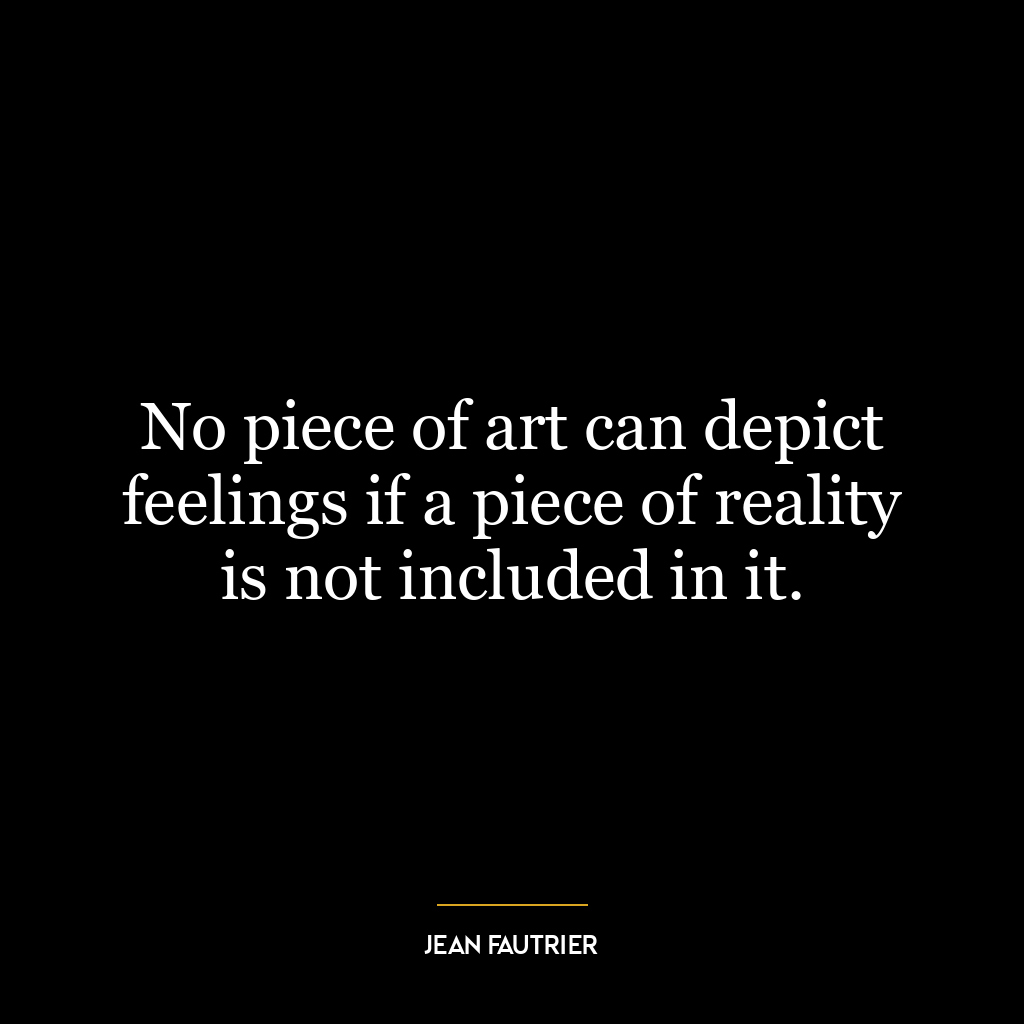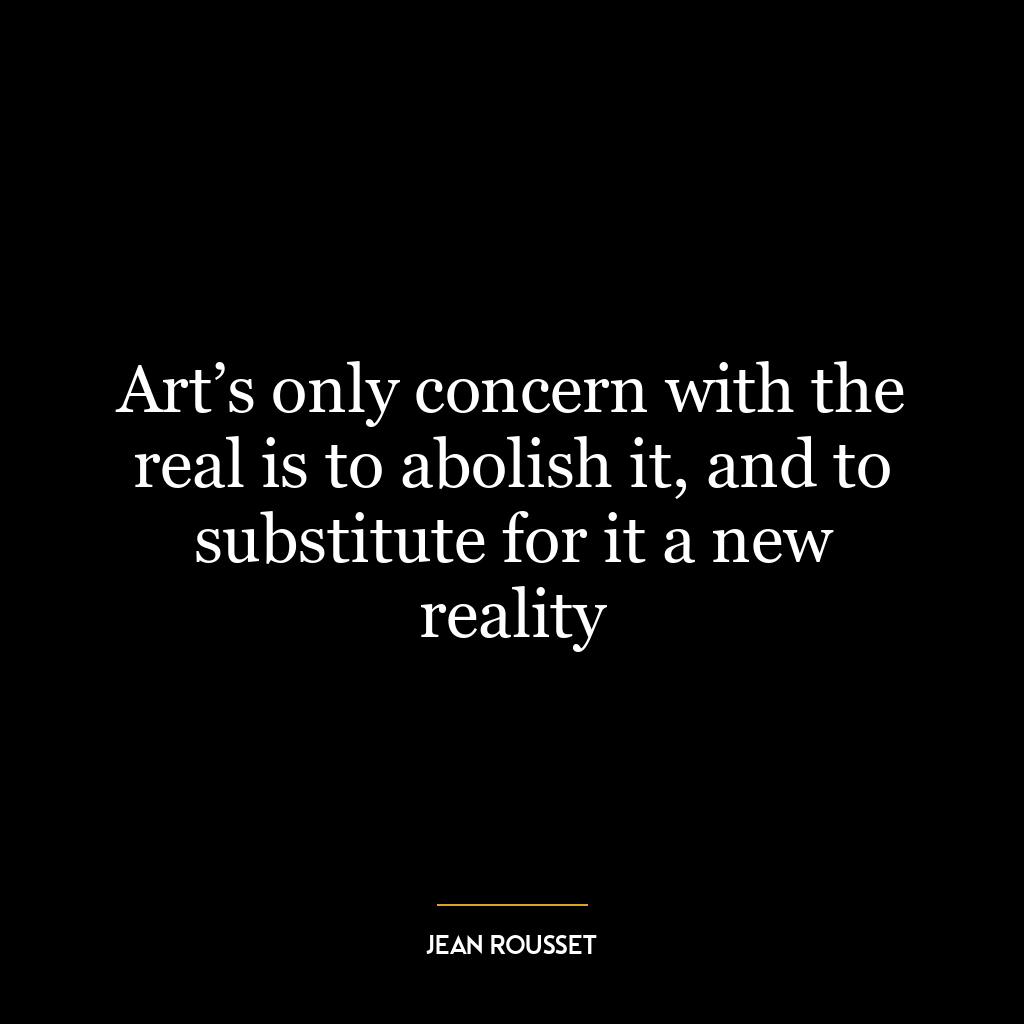All appearances are real and negatio; sophistical: All reality must be sensation.
This quote is a distillation of Kant’s complex philosophy. “All appearances are real and negatio; sophistical: All reality must be sensation” suggests that what we perceive or experience is real, but it does not necessarily encompass the entirety of reality. The “negatio” part implies that reality also includes what we don’t or can’t perceive.
The phrase “All reality must be sensation” underlines the idea that our understanding of reality is primarily derived from our sensory experiences. It does not mean that reality is only what we can sense, but rather that our perception of reality is limited to what we can experience through our senses.
In today’s world, this idea is reflected in the discussions about subjective and objective realities. For example, two people can have vastly different experiences and perceptions of the same event, making their realities different. This concept can be seen in the ongoing debates about issues like racism, sexism, or even political ideologies where individuals have different realities based on their unique experiences and perspectives.
In terms of personal development, understanding this concept can help us become more empathetic and open-minded. Recognizing that our reality is not the only reality can help us appreciate and respect the experiences and perspectives of others. It can also encourage us to seek out new experiences and perspectives to broaden our own understanding of reality. Additionally, it can help us realize that our perceptions and experiences are not absolute or fixed, but can change and evolve over time. This can motivate us to challenge our beliefs and assumptions, fostering personal growth and development.












